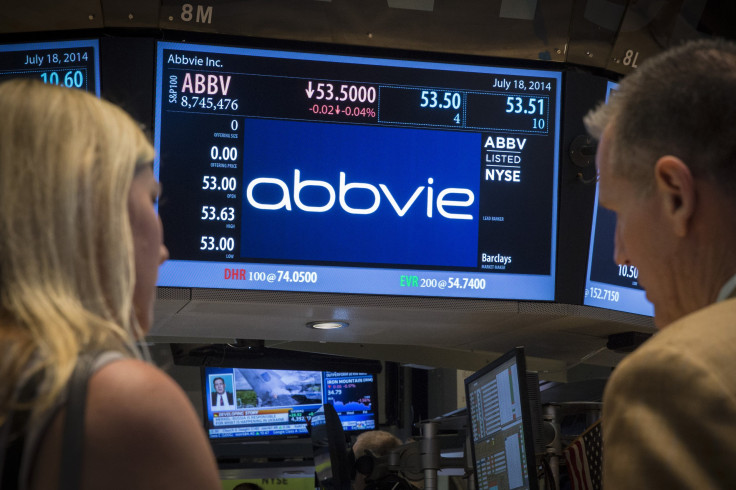AbbVie Stuck Between New Tax Rules And Multibillion-Dollar Breakup Fee

American pharmaceutical giant AbbVie Inc. aims to back out of a massive overseas purchase amid stricter U.S. tax rules, but the move may cost a small fortune.
Chicago-based AbbVie Inc. has urged its shareholders to vote against a $54 billion takeover of Shire PLC in Dublin. But Shire is warning that pulling out could cost the potential buyer $1.64 billion.
“The Board of Shire believes that AbbVie should proceed with the recommended offer on the agreed terms in accordance with the Cooperation Agreement,” the company said in a Wednesday statement.
The original deal, signed in July, outlined how AbbVie would purchase Shire and relocate its headquarters to the Republic of Ireland. The move would effectively lower AbbVie’s tax rate from 22 percent to 13 percent by 2016, according to the Wall Street Journal.
But plans turned sour after U.S. government officials released new tax rules to discourage overseas mergers, known as tax inversions, after a slew of major acquisitions this year riled the Treasury Department.
These new regulations “eliminated certain of the financial benefits of the transaction,” AbbVie said last week. “This fundamentally changed the implied value of Shire to AbbVie in a significant manner.”
AbbVie is the maker of Humira, a drug that accounts for more than half its revenue. Shire is a biopharmaceutical company that makes such widely used medicines such as Adderall.
© Copyright IBTimes 2024. All rights reserved.






















